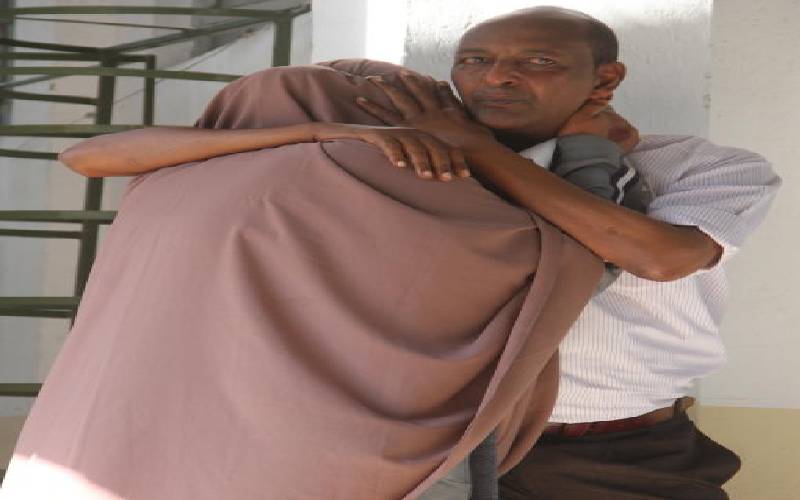×
The Standard e-Paper
Kenya’s Boldest Voice

A relative of Garissa Senator Yusuf Haji after viewing his body at Masjid Noor in South C, Nairobi, yesterday. [Edward Kiplimo, Standard]
Garissa Senator Mohamed Yusuf Haji is remembered for his towering selflessness in public service spanning more than two decades.